2018 marked the beginning of a strong demand for Electric Vehicles (EVs), especially the Tesla Model 3. However, the EV market in the United States broke records in 2022, with just under 918,500 Light electric vehicle sales. This record was over two and a half times more than in 2018.
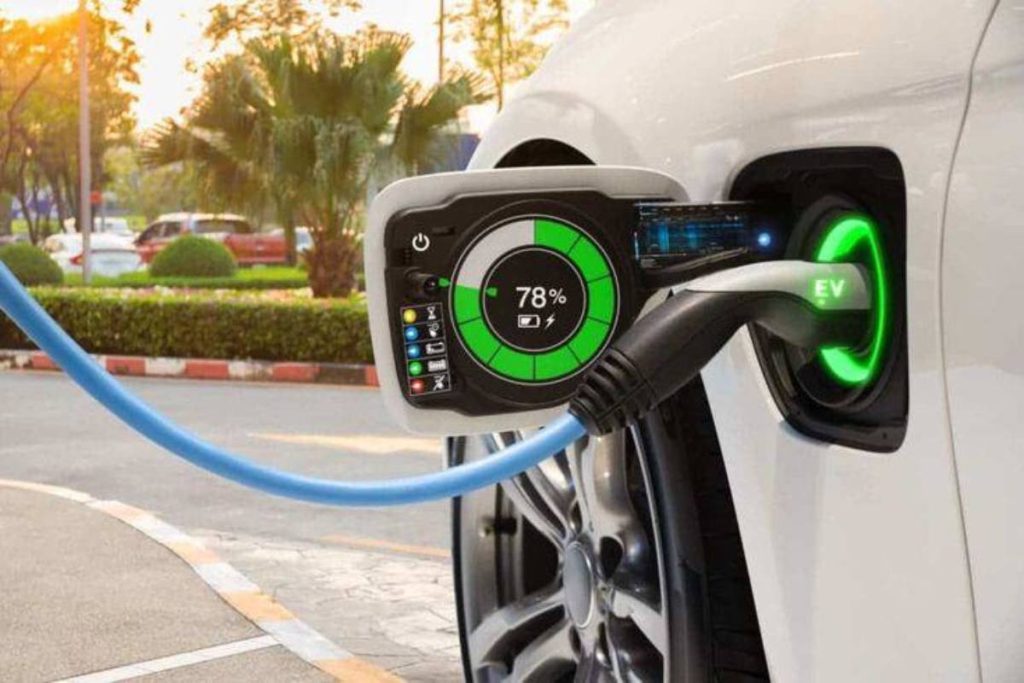
Despite its soaring popularity among the population, the Texas Public Policy Foundation (TPPF) stipulated that the increasing cost of fueling EVs outweighs its low upfront fueling costs.
Do EVs Need Gas?
No, they don’t. Although EVs don’t need gas, they need constant charging. Consequently, their electric motors derive power from their battery packs. EVs seemed like a way out of the exorbitant cost of fueling gasoline cars.

However, experts say the cost of fueling EVs almost equals gasoline cars for several reasons. Consequently, consumers are increasingly concerned about the rising costs.
Why is the Cost of Fueling EVs Rising?
According to the Texas Public Policy Foundation’s report, the rising cost of fueling EVs is due to many reasons, including hidden costs. The study said that some of these charges stem from enormous federal subsidies.
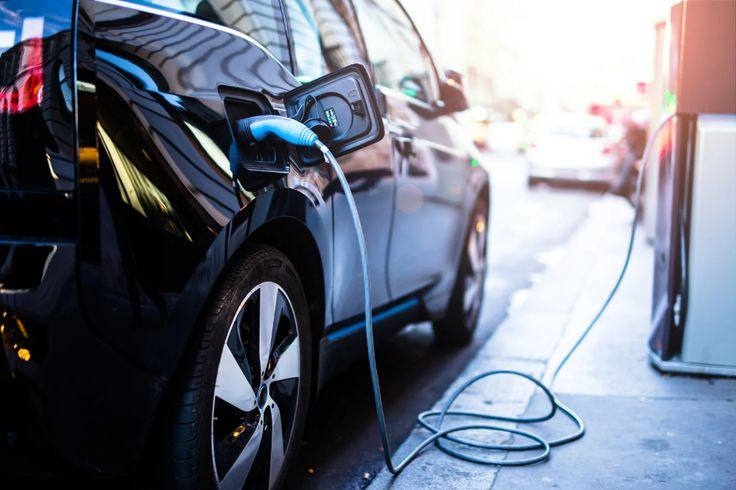
The report also revealed that some of these costs come from an increased burden on the energy grid exerted by charging stations. Hence, consumers are having a hard time deciding which way to go.
The Electric Vehicle Charging Infrastructure
Regarding electric vehicle charging infrastructure, the United States boasts the third-largest public charger network worldwide. However, a 2022 survey revealed that 77 percent of U.S. consumers can’t power their electric vehicles at home.
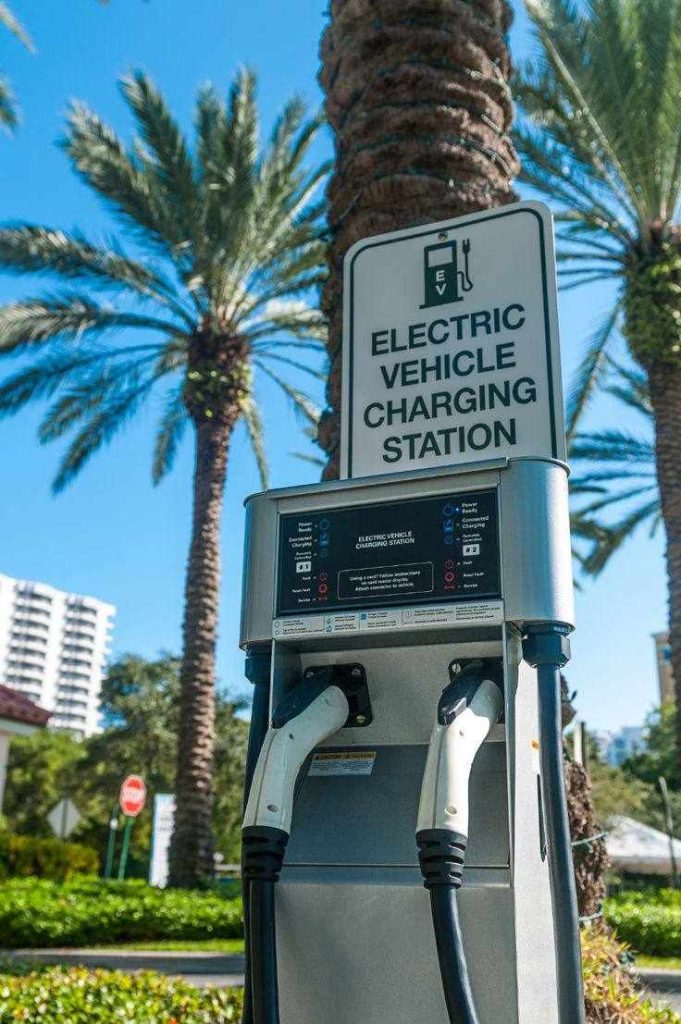
They highlighted prohibitive installation costs as one of the main reasons they could not access charging at home. Consequently, EV advocates compared fueling EVs’ prices to gasoline cars.
The Cost of Charging Equipment
Aside from the exorbitant cost of electricity for private charging stations, the cost of charging equipment is another factor. According to reports, installing an EV charging point can cost anywhere from $500 to $2,000.
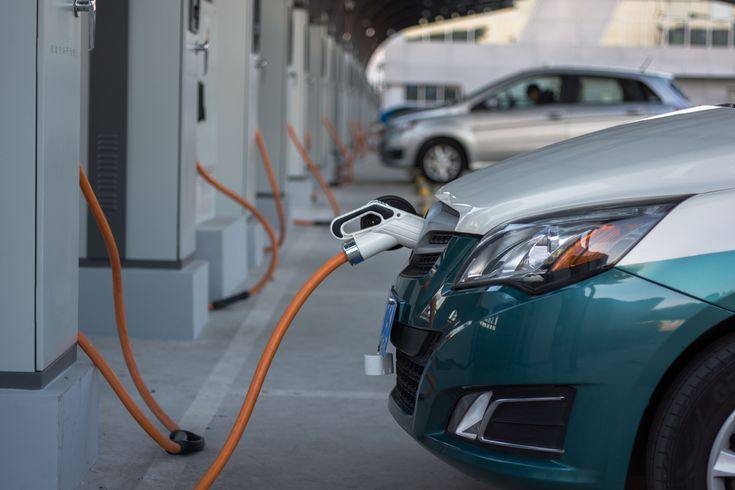
This price varies depending on the charging port type and the wiring length needed. Nonetheless, the cost of charging equipment is another factor mitigating the cost of fueling EVs.
The Effect of the Subsidies
According to reports, the federal government subsidizes EVs more than wind and solar electricity generation. However, the hundreds of billions in subsidies do more harm than good.
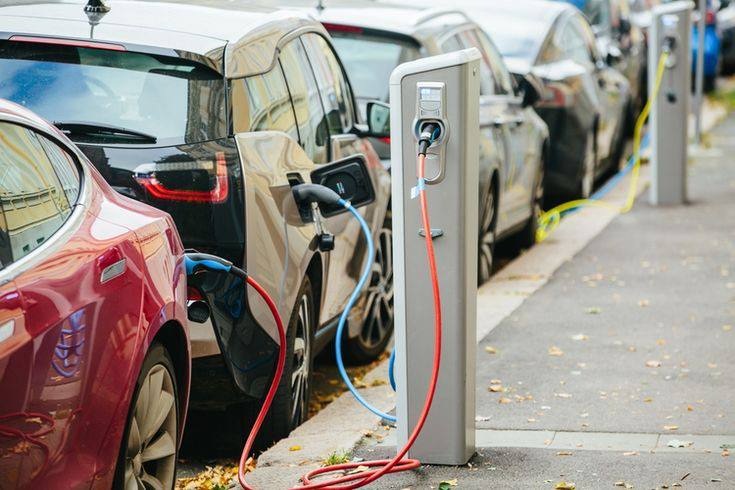
“Adding the costs of the subsidies to the true cost of fueling an EV would equate to an EV owner paying $17.33 per gallon of gasoline,” study authors Brent Bennett and Jason Isaac write.
Are EVs More Expensive than Gasoline Cars?
According to reports, the average price for a new EV fell significantly in September 2023. The price came down by $14,300 over the prior year. Consequently, EVs cost about $2,800 more than the average paid for a new gas-powered vehicle.

However, with the EV market growing, the price margin is expected to shrink even more. Experts say we might see a tie in the price of both cars as manufacturers produce more affordable models.
Are Hybrids Better?
EV advocates claim that the cost of electricity for EV owners is equal to $17.33 per gallon. Consequently, consumers are curious about adopting hybrid cars, which use gas and electricity.
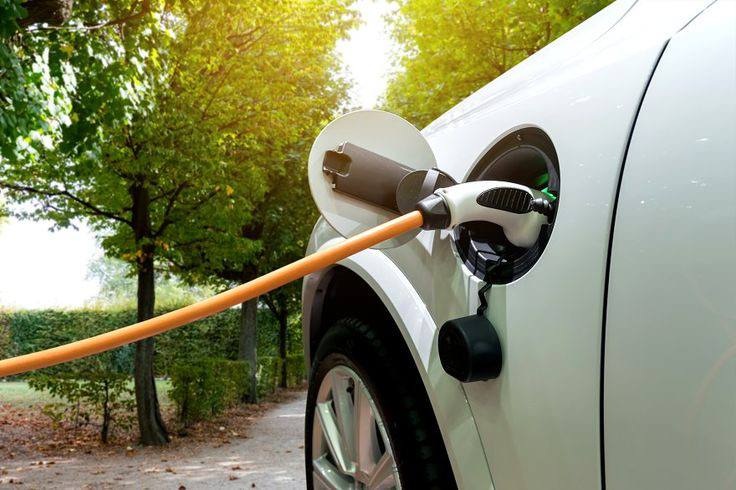
According to reports, hybrids are far more efficient than full EVs. However, hybrids receive far fewer subsidies and regulatory favors than EVs, as the prevailing political consensus is “all EVs or nothing.”
EVs or Gasoline Cars?
Here’s where the EVs take the crown. Going electric means skipping pricey trips to the pump, one of the reasons for the switch.
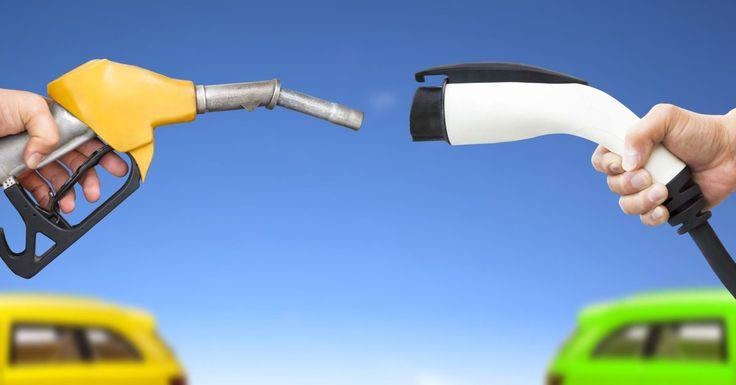
In addition, a 2018 study by the University of Michigan’s Transportation Research Institute found that the average cost to fuel an electric car was $485 a year. On the other hand, the average cost to fuel a gas-powered vehicle was $1,117.
Americans Are Skeptical About EVs
EV sales continue to skyrocket in other countries, with Europe having about 14% of all vehicles sold in 2021. However, in America, not so much.
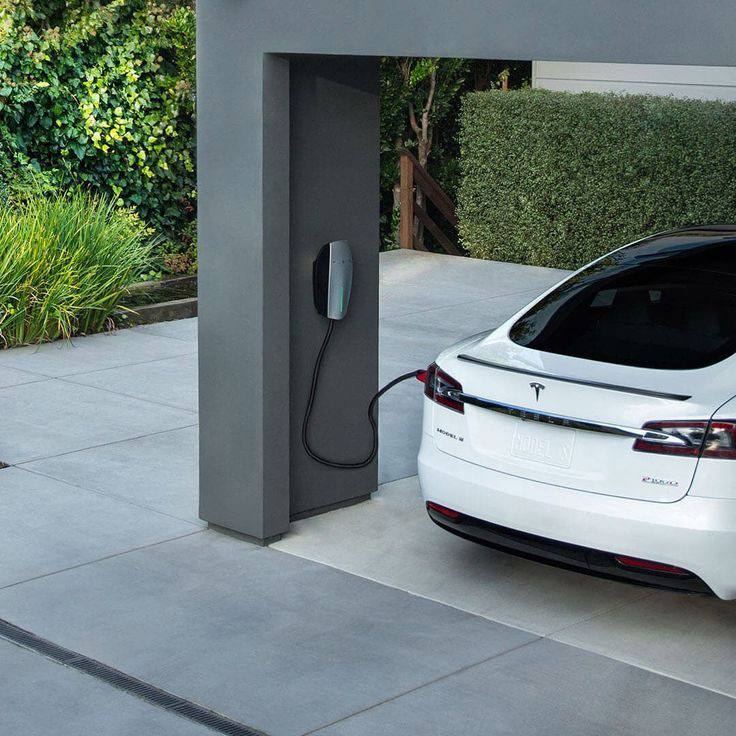
The nation’s EV market appears to be steering on the edge of an electric takeover. However, a hesitant American public and a still-subpar charging infrastructure could hold the country back. In addition, the increasing fuel cost aids the skepticism among the American people.
Are EVs Hard to Maintain?
Unlike gas-powered cars, EVs do not have spark plugs to replace or oil to change. Hence, EVs take the win when it comes to maintenance costs. In addition, EVs have the unique feature of “regenerative” braking, which saves on brake pad replacements.
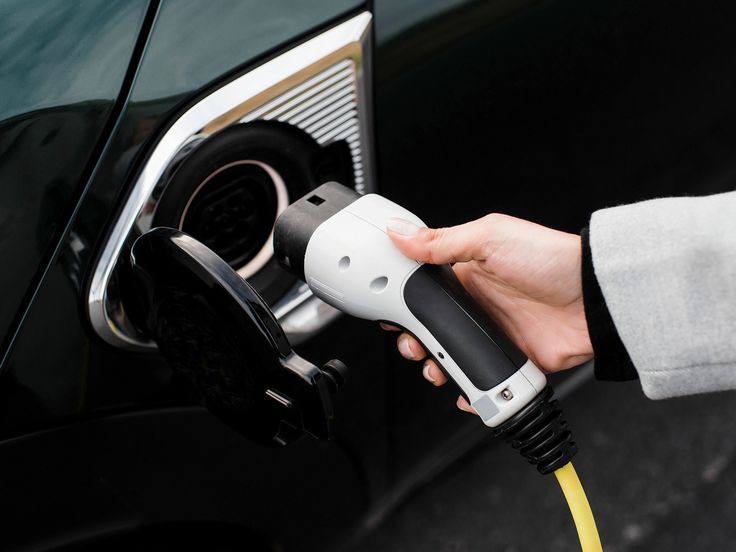
However, like gas-powered cars, EVs require essential maintenance, like service checks and tire rotations. But generally, EVs typically cost less to maintain and repair than gasoline cars.
Does the Fueling of EVs Cost as Much in Other Countries?
The cost of fueling EVs and gas cars in different countries varies. However, in Norway, for instance, the cost of running an EV is meager compared to gas-powered vehicles.

According to reports, it costs about £17.00 per 100 miles to fuel a gas-powered car in Norway. On the other hand, it costs £3.53 per 100 miles to run an EV. Unfortunately, Norway wants fewer cars.
Will the Cost of Fueling EVs in America Change?
Ultimately, experts may have differing views on whether it costs less to refuel an electric vehicle. However, for the everyday driver in the United States, it’s already cheaper to refuel an EV.

Nonetheless, reports suggest refueling EVs will get cheaper as renewable capacity expands and vehicle efficiency improves. Consequently, the future of EV sales and adoption in the United States looks promising.
